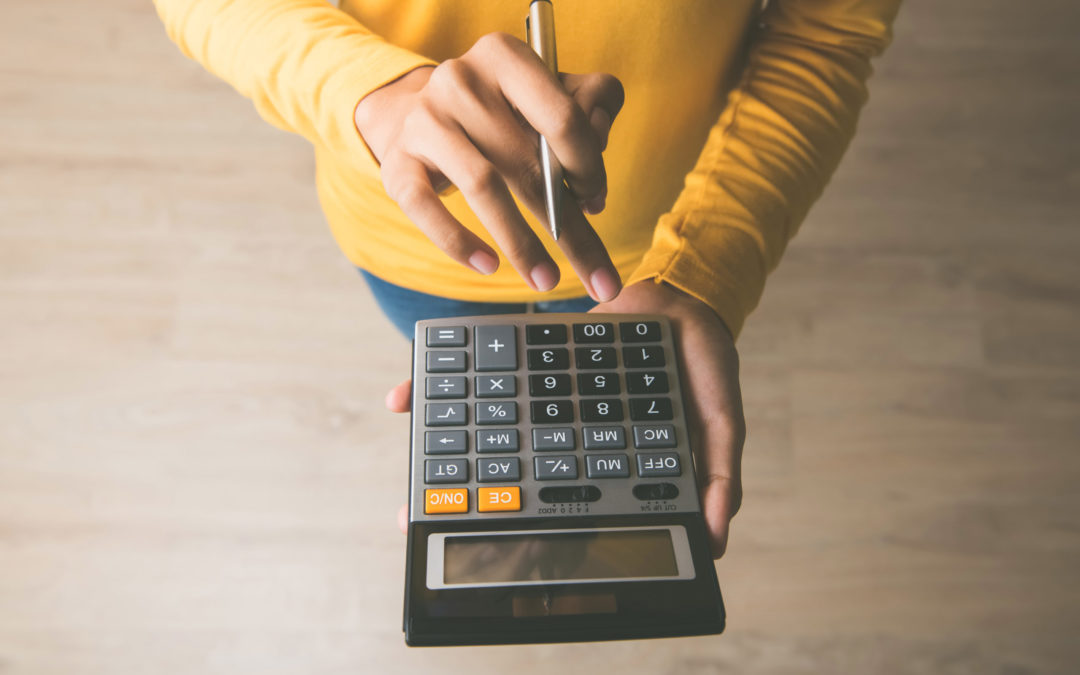When we are sitting around thinking about taking action, but not actually doing anything about it, we’re avoiding the decision to change because of fear.
- Fear that it won’t work.
- Fear that it will be too hard.
- Fear that it will suck and we’ll be miserable.
So we stay stuck in confusion and overwhelm. We put it off. We think about it intermittently, daydreaming about what we wish for.
But here’s the truth:
Your worst fear is already here. You have a problem that isn’t going to go away on it’s own.
I want to talk about the cost of committing to staying the same. Because, let’s be honest, when you don’t decide to change, you decide to stay where you are.
So let’s consider: what if you never reverse your Type 2 Diabetes? What is the impact of that on your life right now and in the future?
You’re either already taking medications, or will soon be taking a WHOLE lot of medications. You’ll start with metformin, as long as you don’t get horrible diarrhea from it. Soon after, you’ll probably have to start a statin and another medication to protect your kidneys called an ACE inhibitor (like lisinopril).
You’ll probably add medications one-by-one and eventually be adding an injectable medication, where you have to inject a medication into your body. This will either be insulin or another medication like Victoza or Trulicity.
Medications have all kinds of possible side effects, right? But no one ever warns you what it will be like to ACTUALLY be throwing up from Byetta, dealing with a raging yeast infection from Jardiance, or crashing with a low blood sugar from insulin.
I once had a patient who drove school buses who didn’t fully understand the emergent and high-risk situation a low blood sugar could present because he simply had never experienced it before. He found out when he got low driving a school bus full of kids around one morning, had to pull over, and got transported to the emergency room for a blood sugar in the 30s.
And medications can be so freaking expensive! Crippling to your budget in fact. I had a patient last week who was literally rationing his insulin and choosing between meds and food. And dealing with the pharmacy every week is not a joyful experience, especially when your doctor hasn’t responded to your refill requests and insists you come in AGAIN for a visit before more refills will be authorized.
With Type 2 Diabetes, you have to monitor your blood sugars daily. This involves a lot of stabbing your fingertips for most people. Then getting out your log and carefully recording the readings. Not to mention the anguishing over results that remind you of how much you hate all of this.
So many of my patients FEEL LIKE CRAP. They feel run down, achy in their joints, and generally can’t participate in life in the way that they want to. They stay home instead of doing activities with their families. They are mostly overweight and out of shape, and don’t have the energy to tackle their days, let alone exercise. A lot of this begets depression. Twice as many people with diabetes develop clinical depression than in the general population.
And of course there are all the HORRIFIC complications of Type 2 Diabetes: blindness, kidney failure, heart attacks, painful neuropathy, infections that can lead to amputations, gastroparesis (where you don’t move food through your guts normally), stroke, and death.
But isn’t it true that controlling your blood sugars prevents all these things? Mmmmm, the jury’s still out on that for Type 2 Diabetes. 🤔 There are actually 2 very large studies called the United Kingdom Prospective Diabetes Study and the ACCORD study that looked at this question. The UKPDS showed only a mild improvement for any diabetes-related complication(4.1% absolute risk reduction) over 10 years of well-controlled blood sugars using insulin or insulin-enhancing therapies.
Results from the ACCORD study were completely the opposite of what was expected. This study showed that when you shoot for even tighter blood sugar control (A1c <6.0% compared with 7-7.9%), people died a lot faster. Over a mean follow up period of 3.5 years, the risk of death for this group increased by 22%! You would think that tighter control would be better, but clearly it was worse.
So the bottom line here is that we can’t say that controlling your blood sugars to recommended levels will eliminate or even reduce the possibility of gnarly outcomes from Type 2 Diabetes. 😧
So there’s all the personal threats and day-to-day inconveniences and suffering of having Type 2 Diabetes, but how does having Type 2 Diabetes impact other people in your life? Disability and premature death clearly impact your family. But what about the things we don’t think about?
- Not feeling up to enjoying time with your family impacts them.
- Not being around to see your grandchildren grow and graduate and marry impacts them.
- Relying on your family to pick up your meds, help you get to the doctor, and pay your medical expenses impacts them.
THE COST OF HAVING TYPE 2 DIABETES TO YOURSELF AND YOUR FAMILY ARE IMMEASURABLE.
When you think about this, does it seem like it’s better to wait to deal with your diabetes tomorrow? Or when it’s a better time in your life? Or after the vacation you have coming up?
You don’t have to wait. You can use the river of misery I just presented to you (a very real and likely future if you take no action) to find a compelling reason that lights a fire in you to make a decision.
A decision to figure this out no matter what.
I can show you how to reverse your Type 2 Diabetes for good and never look back. Reach out to me below and I can give you the very first steps you need to take to look forward to getting your blood sugars under control and reducing or eliminating your medications.


